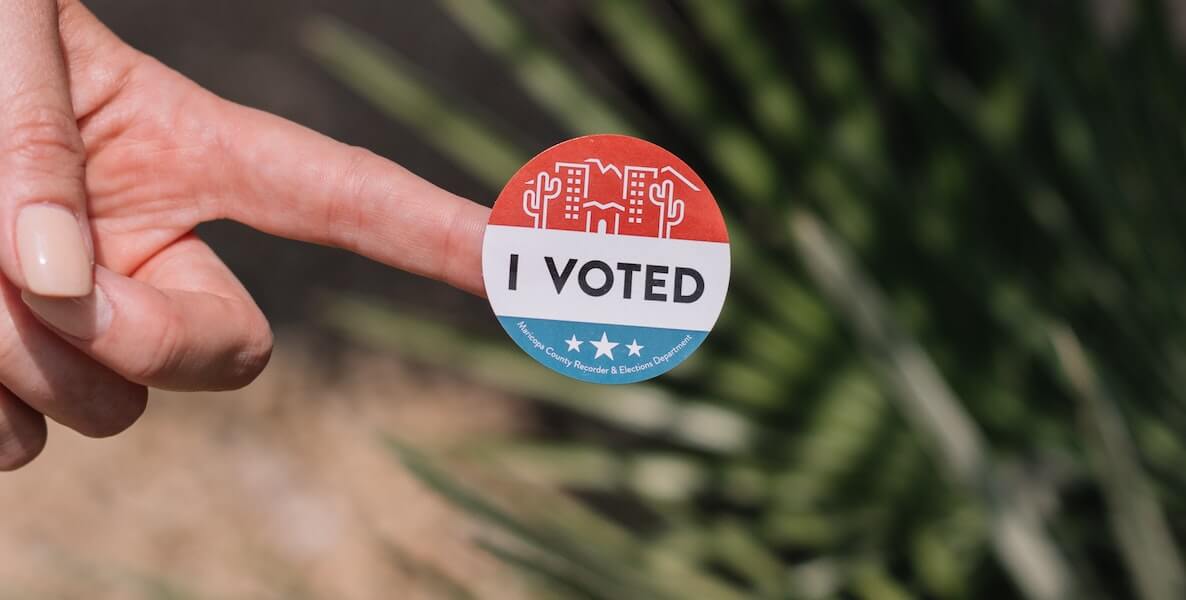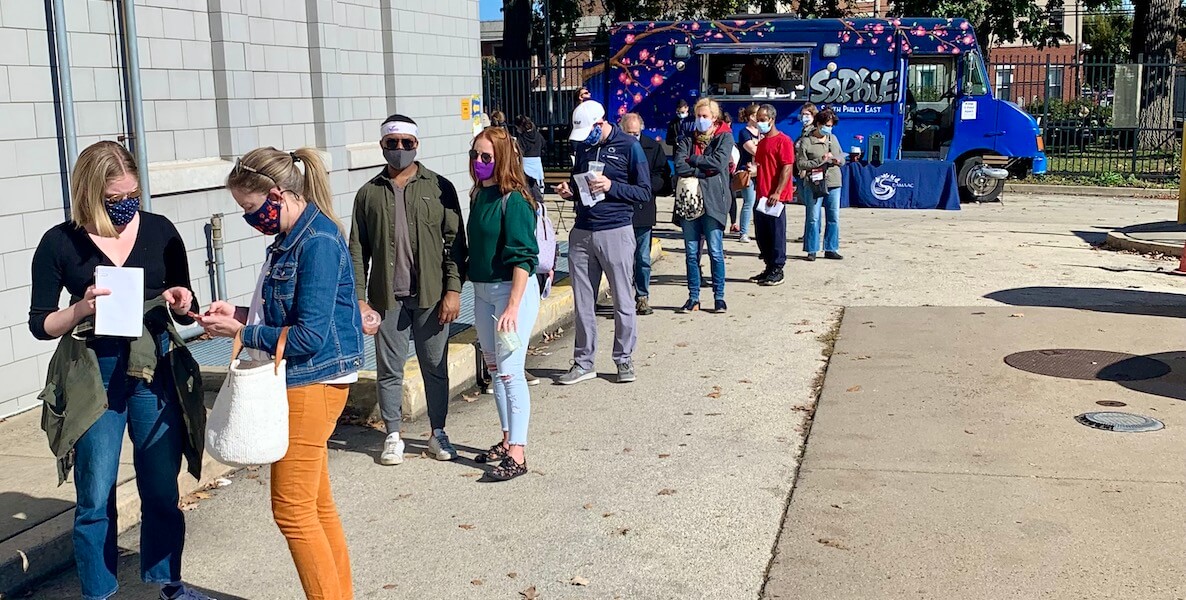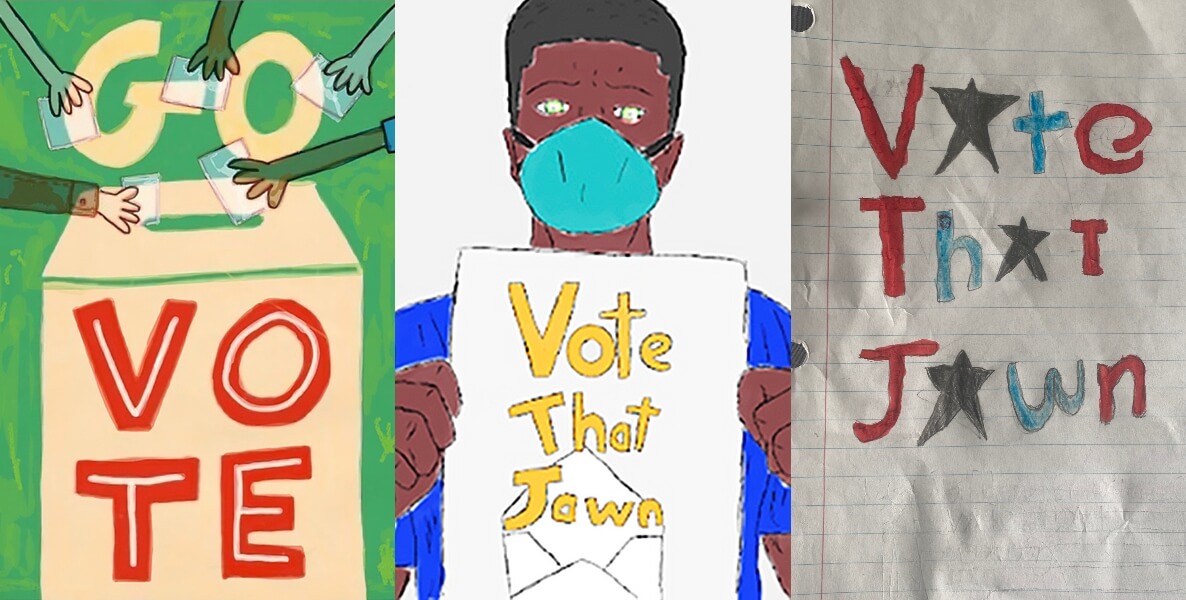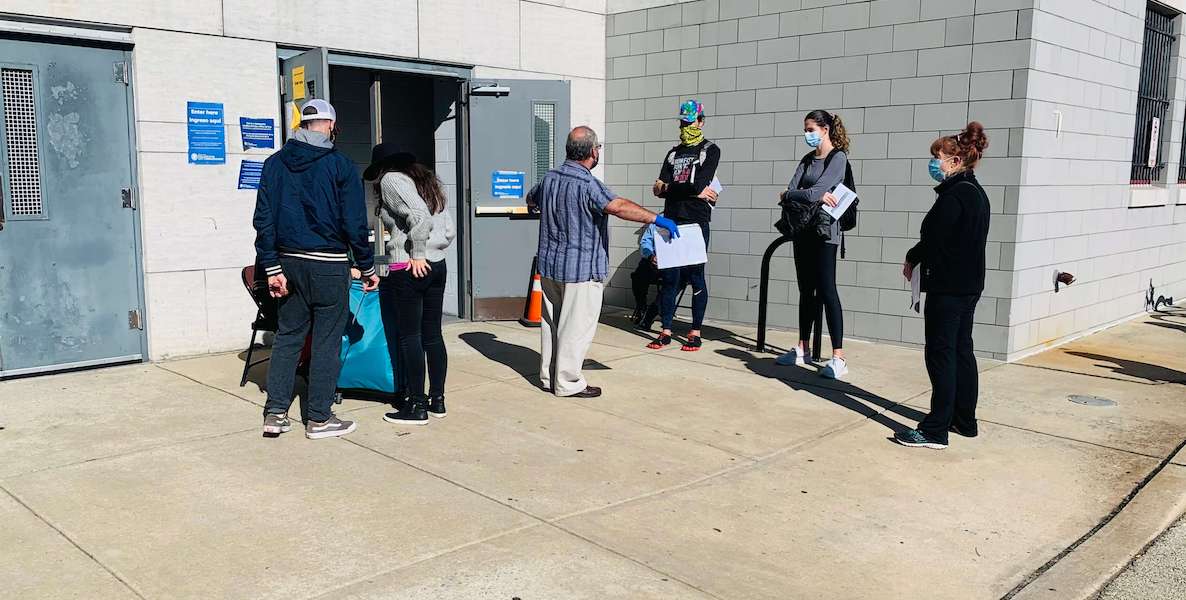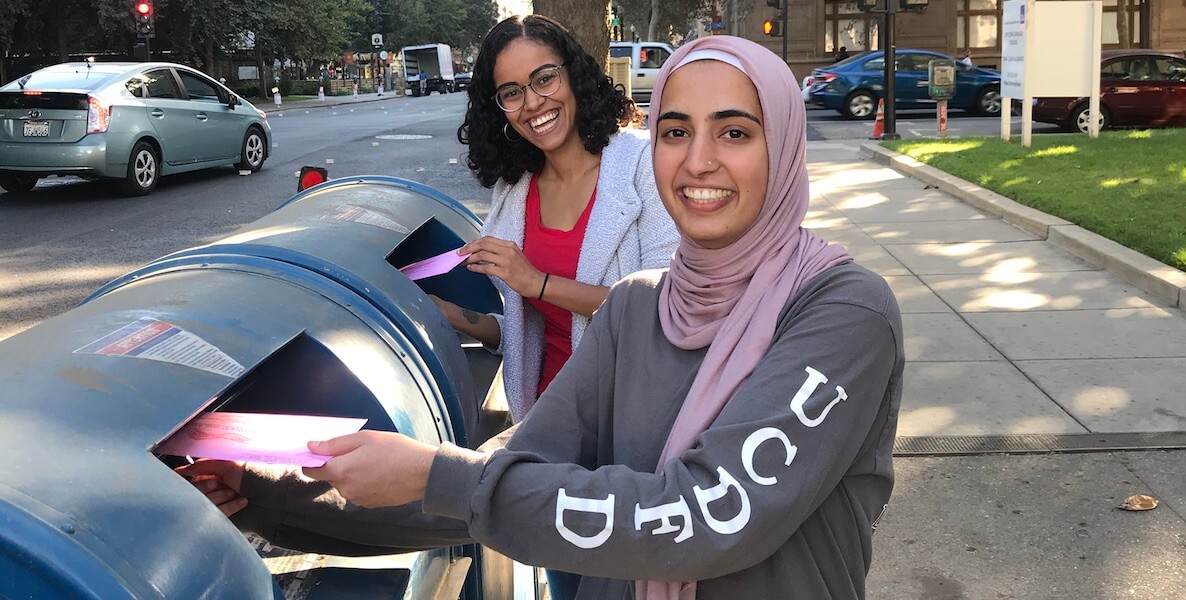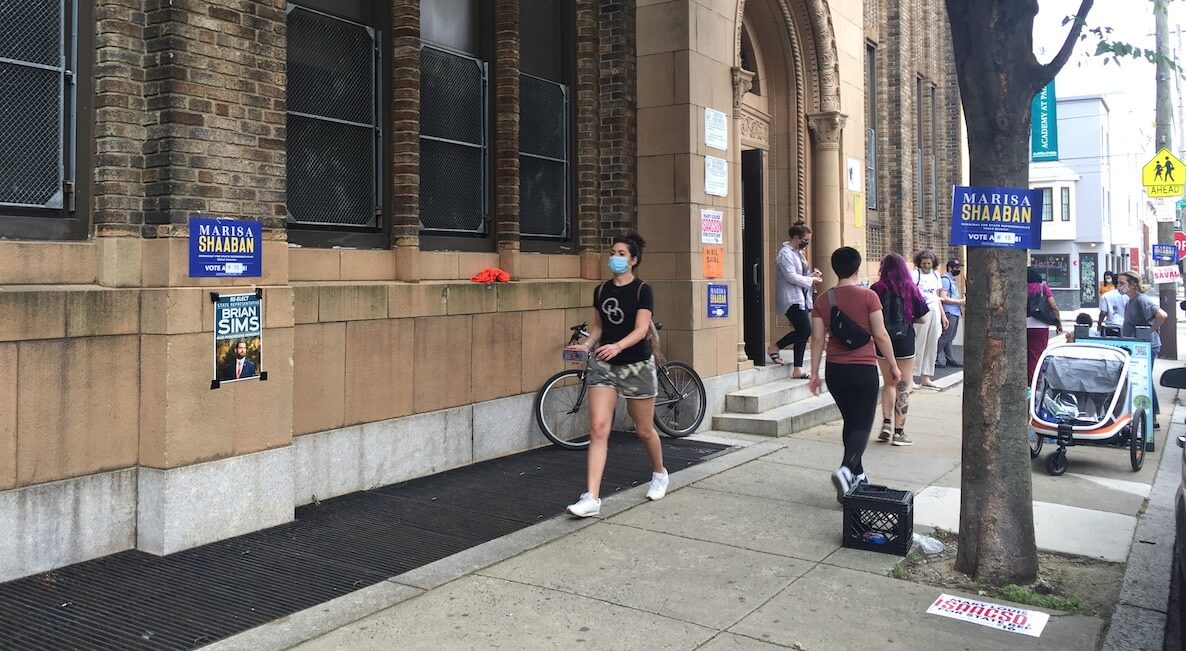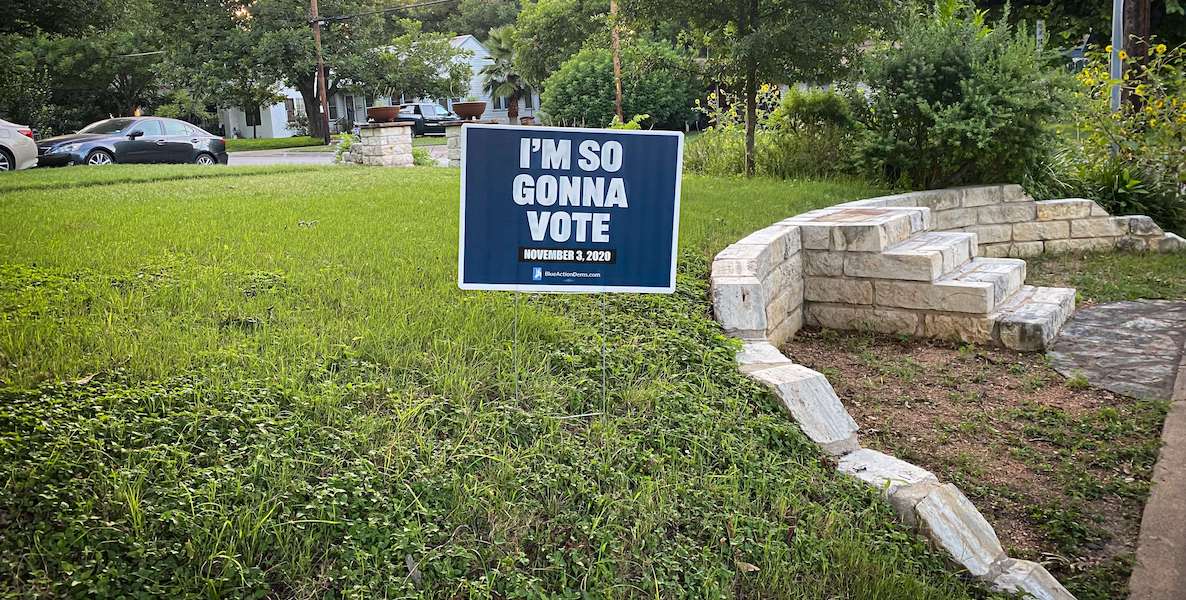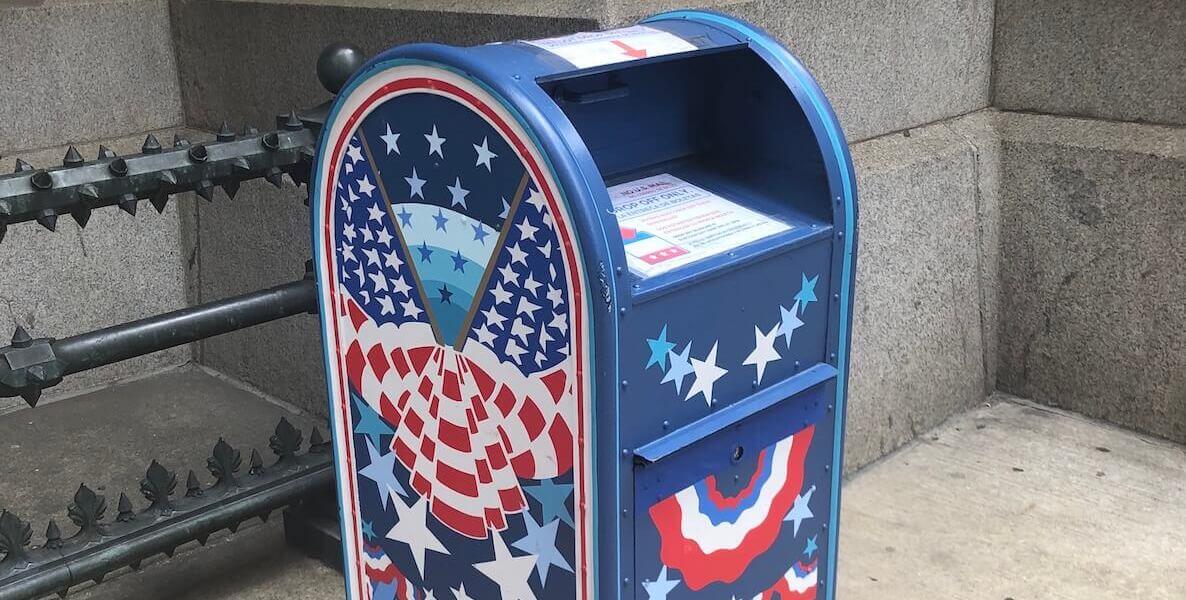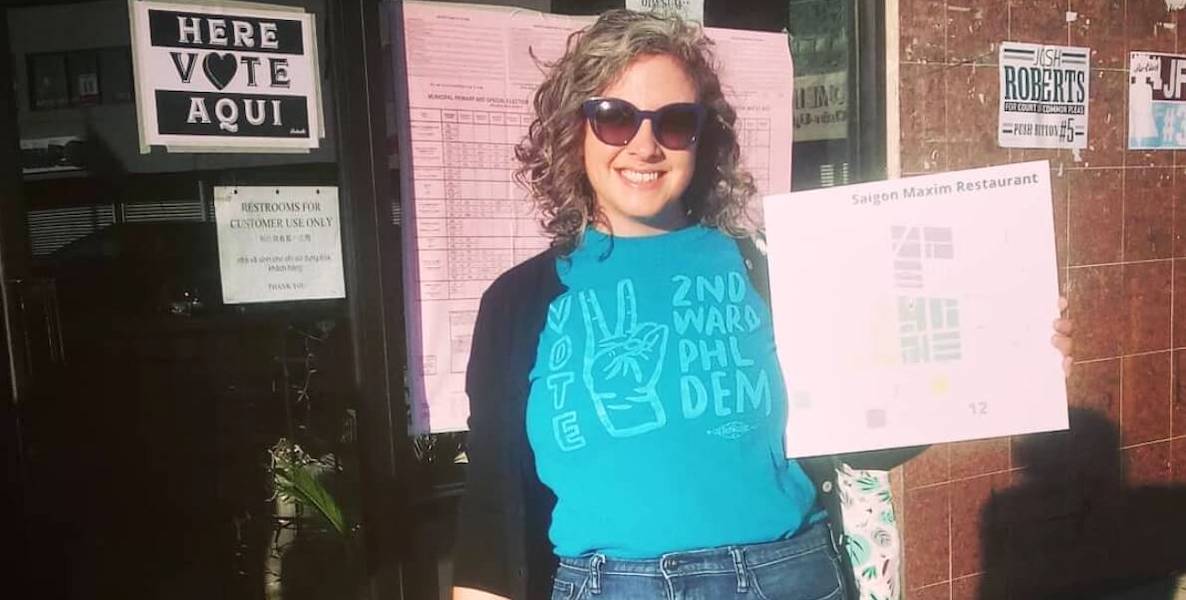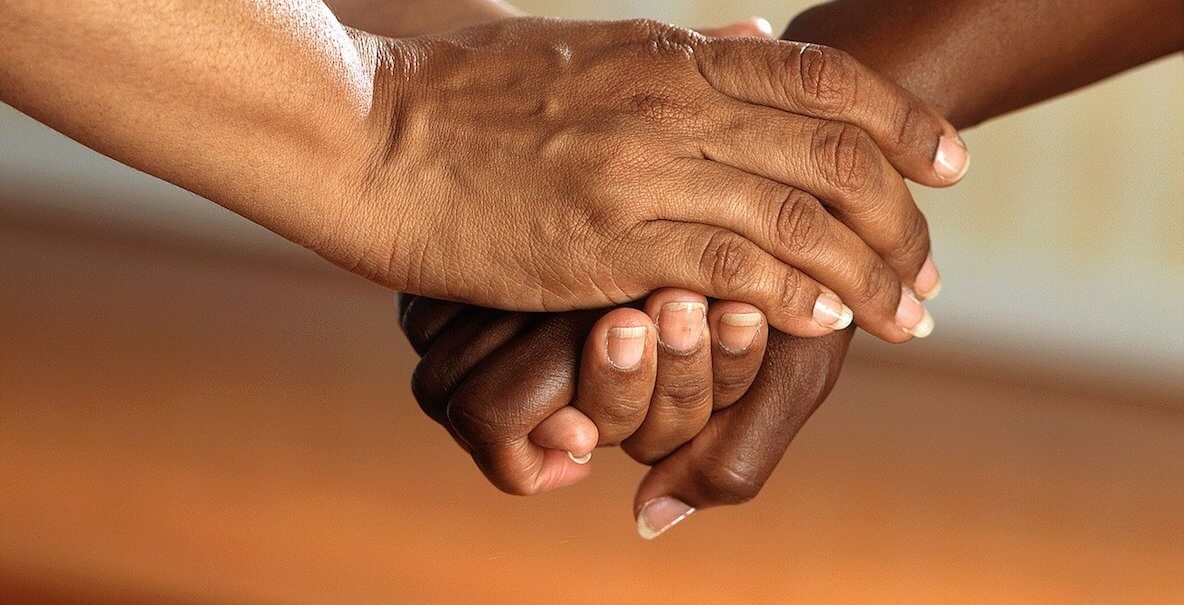Philadelphia ballot question No. 2 proposes that “the Philadelphia Home Rule Charter be amended to create the Office of the Victim Advocate to advocate for crime victims and to work with victim-services providers to coordinate, plan, train, educate, and investigate issues relating to crime victims.”
When I first heard about this ballot question, I thought it seemed like a good idea. It was supported by the mayor, the district attorney and passed by City Council. The 9th ward committee people voted unanimously for a yes vote.
However, I did have reservations about duplication of services. Many nonprofits and governmental agencies already offer victim services, including the district attorney’s victim and witness advocacy unit. I wondered if this new office might be just another layer of bureaucracy that the politically well-connected could use to provide jobs for their supporters.
Then I received a statement from Reclaim Philadelphia, which made me seriously question my earlier lukewarm support:
From what we’ve witnessed at the state-level, the Office of the Victim Advocate (OVA) has failed to deliver policies that help Black and Brown communities heal from the trauma of gun violence, incarceration, and poverty; instead, it has argued in favor of harsher sentencing laws and against bills that grant parole eligibility to people sentenced to life in prison. Government-sponsored and -funded victim services were started in the 1970-80s as criminal justice turned increasingly toward punishment and vengeance, and since that time they’ve played a fundamental role in sustaining mass incarceration.
Furthermore, the office comes with an unspecified cost which raises the question: Is this the best way to direct resources to reform our criminal justice system and end the brutal system of mass incarceration?
But there are deeper questions than allocation of resources. Criminal acts are committed against the entire community, not just the individual victim. Should victims who are sometimes motivated by an understandable desire for revenge have the opportunity to prevent a prisoner’s parole?
![]() I usually don’t spend so much time mulling over the implications of a ballot question, but this time my husband and I had a long conversation about it as we sat at our kitchen table filling out our ballots. He noted that variations on this debate have been going on for thousands of years.
I usually don’t spend so much time mulling over the implications of a ballot question, but this time my husband and I had a long conversation about it as we sat at our kitchen table filling out our ballots. He noted that variations on this debate have been going on for thousands of years.
Greek playwright Aeschylus explored the contrast between revenge and justice, in the Oresteia written in 458 BC. The plot consists of one horrific murder after another. The Furies hunt down Orestes for murdering his mother because she had murdered his father for his role in killing their daughter. The cycle of violence is finally broken when Orestes turns to the goddess Athena for help and she responds by setting up a trial with a group of twelve Athenian citizens as jurors. The trial results in a tie, with Athena casting the tie-breaking vote and determining that Orestes will not be killed, thus ending the cycle of violent revenge.
Thousands of years later, revenge is still a major theme in literature and in life. My guess is if anyone harmed my husband or my son, I would want to lock him up and throw away the key. The desire for revenge is something we all can understand, but do we want our judicial system influenced by it? Yes victims deserve services and support, but I question how much input victims should have in influencing judicial outcomes. Absent safeguards against that, I decided to cast a no vote.
Ballot measures almost always pass, and I expect this one will as well. But my hope is that the organized opposition of groups like Reclaim will have an impact on the mission and operations of the Office of the Victim Advocate if the measure passes.
Karen Bojar is an Emeritus Community College of Philadelphia professor and past president of the Philadelphia Chapter of the National Organization for Women. She served as Democratic committee person in the 9th ward from 1986 to 2018 and currently serves on the Philadelphia Commission for Women. She is the author of Green Shoots of Democracy in the Philadelphia Democratic Party (2016) and In Search of Elena Ferrante (2018).
It’s election season in Philadelphia. Are you all set to vote?
- Check your voter registration in PA
- How to vote by mail or at satellite election offices
- Find your polling place and other post-registration facts
- Check out who’s running and the ballot questions you’ll be deciding


